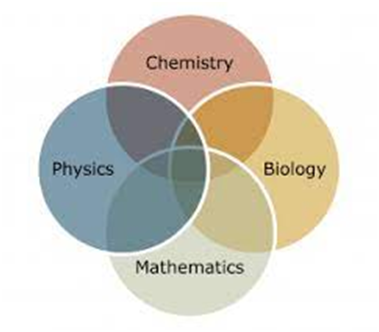Observation of 18th
Century
Aristotle was one of
these first biologists and pursued finding the core of human intelligence,
which he concluded to be the heart. Aristotle was a Greek philosopher who
should human anatomy and marine science.
01
The work of many naturalist explorers
like Humboldt (1769 – 1859), Bonpland (1773 - 1858), greatly increased European
appreation of the enormous extent of the diversity and geographical variation
of plants, animal, and fungi. During the eighteen century great labors were
dedicated to the collection, preservation, and cataloging of flora and fauna.
02
The need to organize the resultant
wealth of information motivated the work of Carl Linnaeus (1707 -1778), who
laid the foundations for the modern system of binomial nomenclature.
03
The chemical discoveries of Lavoisier
(1747 - 1794), were instrumental in the development of physiology and
biophysics in the following century.
04
Edward Jenner (1749 -1823), was an
English physician and scientist who was the pioneer of smallpox vaccine, the
world’s first vaccine. The terms “vaccine” and “vaccination” are derived from
Variolae vaccinae (smallpox of cow), the term devised by Jenner to denote
cowpox Jenner is often called “the father of immunology”, and his work is said
to have “saved more lives than the work of any other human”
05
Hanaoka Seishu (17660 - 1835), was a
Japanese surgeon. Hanaoka is said to have been the first to perform surgery
using general anesthesia.





0 Comments